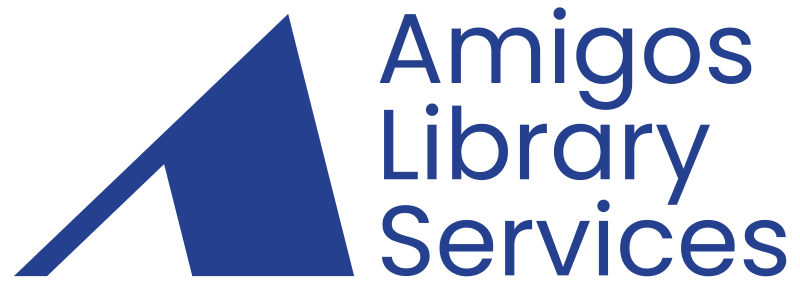In this second course in the series "Metadata Principles and Practices," students will discover how metadata standards are created and explore several standards commonly in use today. Topics include: XML DTDs and schemas; types and examples of metadata currently in use today. This course should be taken after "Metadata Basics," but can be taken without the other two workshops in the series.
* This course is eligible for Micro-Credentialing (optional) - What is Micro-Credentialing?
- Complete the following courses:
- Metadata Principles and Practices: Metadata Basics
- Metadata Principles and Practices: Metadata Standards and Types
- Metadata Principles and Practices: Metadata Customization, Exchange, Transformation and Migration
- Metadata Principles and Practices: Metadata Relationships
- Complete extra requirements for Micro-credentialing participants:
- Extra homework per course
- Extra capstone project (extra $70 fee)- information on the capstone project here
Learning objectives for this session may include:
- Understand the roles of schemas and DTDs in defining tags, attributes and structures used in defining metadata standards
- List types of metadata and their roles in:
- describing resources
- defining rights and controlling access to resources
- providing access to resources
- preserving and maintaining resources
Topic Area
Contact
learning@amigos.org
Session Duration
This course consists of one 2-hour session.
Contact Hours
2
Instructor
 Emily Nimsakont is the Digital Librarian at Posit PBC, a data science software company. She previously worked as the Cataloging and Metadata Trainer for Amigos Library Services. She holds a master’s degree in library science from the University of Missouri-Columbia.
Emily Nimsakont is the Digital Librarian at Posit PBC, a data science software company. She previously worked as the Cataloging and Metadata Trainer for Amigos Library Services. She holds a master’s degree in library science from the University of Missouri-Columbia.
